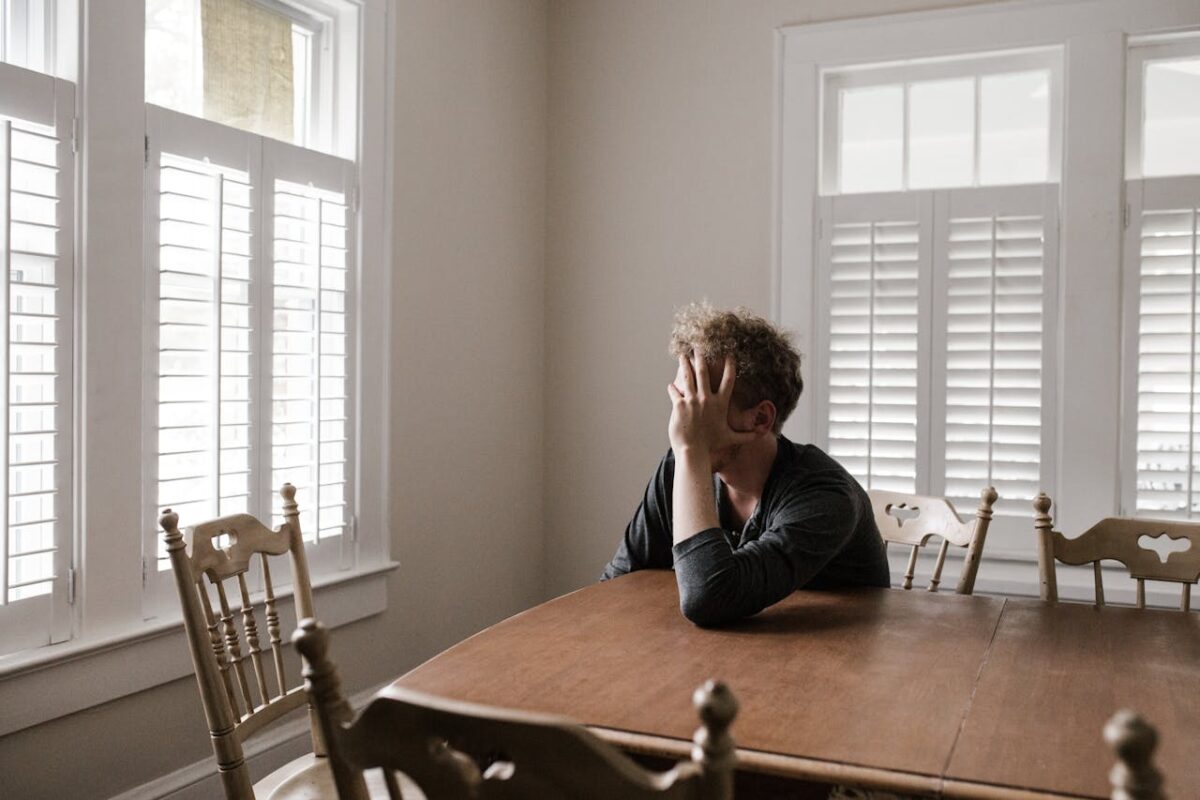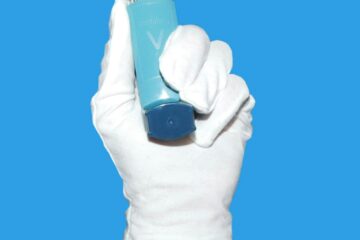Questions Answered in This Article:
- What Happens to Your Body During Alcohol Withdrawal?
- Why Alcohol Withdrawal Is Different for Everyone
- How Long Does Alcohol Withdrawal Last?
- What Medications Help with Alcohol Withdrawal?
If you or someone you love is thinking about quitting alcohol, it’s normal to feel worried about what comes next—especially when it comes to withdrawal. The truth is, alcohol withdrawal can be uncomfortable, scary, and even dangerous if it’s not handled the right way. That’s why it’s so important to know what to expect and to have the right support by your side.
At Hart Rehab, we understand that taking the first step toward recovery is hard, but you don’t have to do it alone. Our expert team offers compassionate, medically-supervised care in a peaceful, luxury setting, so you can detox safely and begin healing with confidence.
What Happens to Your Body During Alcohol Withdrawal?
When you drink regularly, your body gets used to having alcohol in your system. Over time, alcohol starts to change the way your brain works—especially the parts that control things like mood, sleep, and even heart rate. Your body adjusts to alcohol’s presence, and when you suddenly stop drinking, everything gets thrown off balance.
Alcohol withdrawal happens because your brain and body are trying to adjust to life without alcohol. This can cause both physical and mental symptoms, ranging from mild discomfort to severe medical issues. Understanding what’s going on inside your body can help you realize why medical care is so important during this time.
Common Signs of Alcohol Withdrawal
Not everyone experiences alcohol withdrawal the same way, but there are some common symptoms that many people go through. Here are some signs to watch for:
Mild to Moderate Symptoms:
- Shaky hands or body tremors
- Sweating, especially at night
- Nausea or vomiting
- Headaches
- Trouble sleeping
- Anxiety or irritability
Severe Symptoms:
- Hallucinations (seeing or hearing things that aren’t there)
- Seizures
- High blood pressure or rapid heartbeat
- Confusion or disorientation
- Delirium tremens (DTs), a serious condition that can be life-threatening
If you or someone you love is showing signs of severe alcohol withdrawal, it’s a medical emergency.
Why Alcohol Withdrawal Is Different for Everyone
One of the biggest things people don’t realize about alcohol withdrawal syndrome symptoms is that it’s not the same for everyone. Some people may experience mild symptoms, while others might face severe, even life-threatening challenges. But why such a big difference?
Several factors play a role in how your body reacts to quitting alcohol:
- How long and how heavily you’ve been drinking
- Your overall health
- Mental health conditions
- Genetics and family history
That’s why a personalized approach to detox is key. At Hart Rehab, we don’t believe in one-size-fits-all care. Our team evaluates your history, physical health, and mental well-being to create a treatment plan designed just for you.
Alcohol Withdrawal Timeline
Wondering when withdrawal symptoms will start—and how long they’ll last? While everyone’s experience is unique, here’s a general timeline of what many people go through:
6 to 12 Hours After Your Last Drink:
- Symptoms begin, often starting mild.
- Shakiness, anxiety, headaches, and trouble sleeping are common.
12 to 48 Hours:
- Symptoms intensify.
- High blood pressure, rapid heart rate, nausea, and possible hallucinations may occur.
48 to 72 Hours:
- This is when the most severe symptoms can hit.
- Risk of seizures, confusion, and delirium tremens (DTs) peaks here.
3 to 7 Days:
- Physical symptoms begin to taper off.
- Anxiety, sleep issues, and cravings may linger.
Throughout each stage, having medical supervision can make all the difference. At Hart Rehab, our team is by your side every step of the way, ensuring you’re safe, stable, and as comfortable as possible.
How Long Does Alcohol Withdrawal Last?
The answer depends on many of the same factors we’ve already talked about—your drinking history, health, and personal situation.
In general:
- Mild symptoms can ease up in 3 to 5 days.
- Severe symptoms may last up to a week or more.
- Mental health symptoms and cravings might linger longer, which is why ongoing care is crucial.
Even though withdrawal doesn’t last forever, it’s often the toughest hurdle on the road to recovery. That’s why we provide a luxury, medically-supervised detox program at Hart Rehab to help you get through those first critical days safely and comfortably.
What Medications Help with Alcohol Withdrawal?
Alcohol withdrawal syndrome medication can make withdrawal much safer and easier to handle. Here are some of the most common ones:
- Benzodiazepines (like Diazepam or Lorazepam): These help calm your nerves, lower anxiety, and prevent seizures.
- Anticonvulsants (like Carbamazepine): Used to lower the chance of seizures without making you too sleepy.
- Beta-Blockers: Help control your heart rate and blood pressure so your body stays stable.
- Vitamins and Electrolytes: Long-term alcohol use drains important nutrients, especially Vitamin B1 (thiamine). We replace these to keep your body strong and prevent serious problems.
Every medication we use is part of a personalized treatment plan, and our medical team watches over you 24/7 to keep you safe and comfortable.
Risks of Detoxing at Home vs. Medical Detox at Hart Rehab
You might be tempted to try quitting alcohol on your own at home. Maybe you think you can power through it or that it won’t be “that bad.” But here’s the hard truth—detoxing at home comes with serious risks, and in some cases, it can be life-threatening.
Without medical supervision, alcohol withdrawal can spiral quickly. Some of the biggest risks include:
- Seizures
- Delirium Tremens (DTs)
- Severe Dehydration and Nutrient Imbalance
- Mental Health Struggles
You don’t have to suffer through alcohol withdrawal alone. We’re here to guide you through it safely and give you the tools you need for lasting recovery.
Treatment for Alcohol Withdrawal
At Hart Rehab, we know alcohol withdrawal can feel overwhelming—but you don’t have to face it alone. Our team provides a complete, medically supervised approach to help you detox safely, comfortably, and successfully.
1. Safe, Supervised Medical Detox
Alcohol withdrawal can bring serious risks like seizures, delirium tremens (DTs), and severe dehydration. That’s why we offer 24/7 medical supervision throughout the detox process. Our experienced staff closely monitors your vitals and symptoms, making sure you stay stable and supported every step of the way.
2. Medication-Assisted Treatment (MAT)
Certain medications can ease uncomfortable withdrawal symptoms and prevent serious complications. At Hart Rehab, we use proven medications such as:
- Benzodiazepines to reduce anxiety and prevent seizures
- Anti-seizure medications for additional safety
- Vitamins and supplements (like thiamine) to correct nutritional deficiencies
- Other supportive medications to manage symptoms like nausea, headaches, or insomnia
Our team carefully tailors your medication plan to meet your specific needs, ensuring you’re as comfortable and safe as possible.
3. Dual Diagnosis & Mental Health Support
Alcohol withdrawal doesn’t just affect the body—it takes a toll on your mental health, too. If you’re struggling with anxiety, depression, or past trauma, our dual diagnosis treatment helps address both your addiction and any underlying mental health conditions together. This integrated care approach is key to long-term recovery.
4. Holistic Therapies & Wellness Programs
Recovery is about more than just getting through detox. We provide a range of wellness services to help you heal physically, emotionally, and mentally, including:
- Mindfulness and meditation sessions
- Yoga and fitness programs
- Nutritional counseling
- Stress management techniques
These therapies are designed to restore balance and give you tools to handle life’s challenges without turning back to alcohol.
5. Individualized Therapy & Relapse Prevention
Once withdrawal symptoms have passed, we focus on long-term recovery planning. Our licensed therapists offer:
- One-on-one counseling
- Group therapy
- Family therapy
- Relapse prevention planning
We help you build strong coping skills and healthy habits so you can maintain sobriety beyond your time at Hart Rehab.
Start Treatment for Alcohol Withdrawal at Hart Rehab Today
Alcohol withdrawal isn’t easy—but you don’t have to face it alone. At Hart Rehab, we provide expert, compassionate care to guide you safely through withdrawal and into lasting recovery.
With medically supervised detox, personalized therapy, and wellness programs tailored to your needs, we’re committed to making sure you not only get through alcohol withdrawal, but thrive beyond it. Our experienced team is here to support you at every step, giving you the tools and care you need to break free from alcohol for good.
You deserve a safe, supportive place to heal. Let Hart Rehab be your trusted partner in recovery.
Call us today at (480) 351-5146 or email us at [email protected] to get started.




